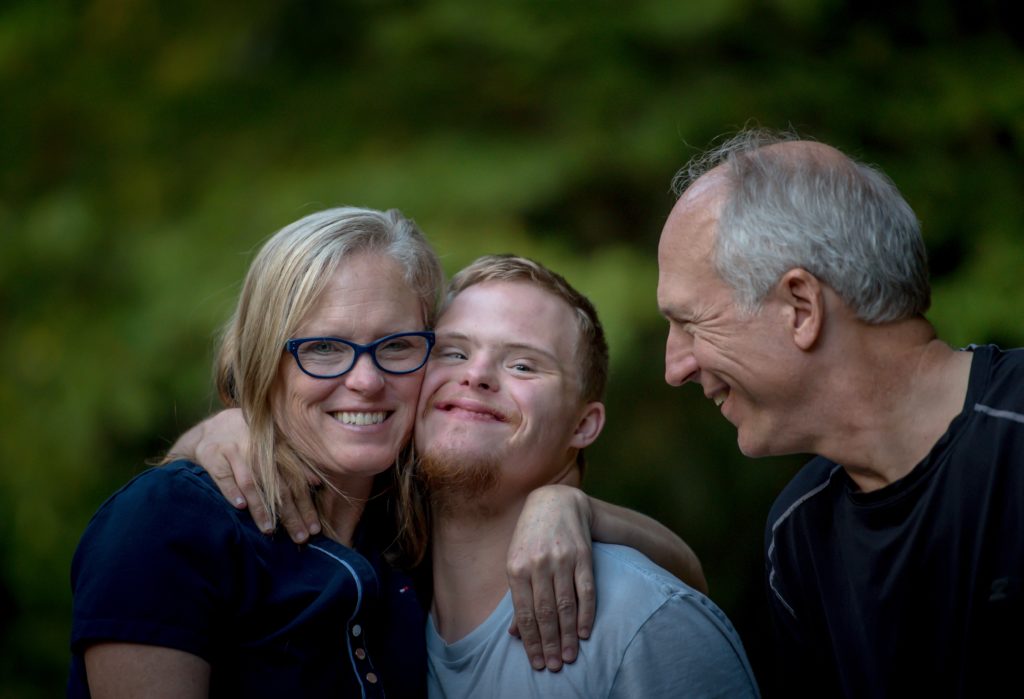When a family includes a person with Intellectual & Developmental Disabilities like Down syndrome, Fragile X syndrome, Autism spectrum disorder, Fetal alcohol spectrum disorder, Cerebral palsy, or other special needs estate planning must address these complexities, as described in a article titled “Customize estate plan to account for disabled beneficiaries” from The News-Enterprise. Failing to do so can have life-long repercussions for the individual and their family.
Errors often occurs because the person creating the estate plan, does not know the implications of failing to take the special needs of the individual into consideration, or when there is no estate plan at all. An experienced Certified Elder Law Attorney has the knowledge and experience needed.
Avoid Outright Inheritance
The most common error is leaving the individual with special needs an outright inheritance. With a will-based estate plan the beneficiary receives a financial inheritance and which renders them ineligible for public benefits they may be receiving. The disruption can impact their medical care, housing, work and social programs. It may also lead to the loss of their inheritance.
If the disabled beneficiary does not currently receive benefits, it does not mean they will never need them. After the death of a parent, for instance, the individual may need supported housing, and Medicaid to cover healthcare. A direct inheritance will put these supports in jeopardy.
Don’t Name the Caregiver as the Beneficiary
A second common error is naming the caregiver as the beneficiary, rather than the person with special needs. This causes numerous problems. The caregiver has the right to do whatever they want with the assets. If they no longer wish to care for the beneficiary, they are under no legal obligation to do so.
If the caregiver has any liabilities of their own, or when the caregiver becomes incapacitated or dies, the assets intended for the person with special needs will be subject to any estate taxes or creditors of the caregiver. If the caregiver has any children of their own, they will inherit the assets instead of the intended person.
The caregiver does not enjoy any kind of estate tax protection, so the estate may end up paying taxes on assets intended for the beneficiary.
Don’t Rely on a Will Alone
The third major planning mistake is using a will instead of a trust as the primary planning method. A Special Needs Trust (also called a Supplemental Needs Trust) is designed to benefit an individual with disabilities to protect the assets and protect the individual’s public benefits. The trust assets can be used for continuity of care, while maintaining privacy for the individual and the family.
Planning for individuals with special needs requires great care, and expertise in this area of the law. Certified Elder Law Attorneys have education and experience in this area of planning. Families who appear to be similar on the outside often have very different needs, making a personalized estate plan is vital to ensure that beneficiaries have the protection they deserve and need. Contact our office today for help.
Reference: The News-Enterprise (March 15, 2022) “Customize estate plan to account for disabled beneficiaries”




